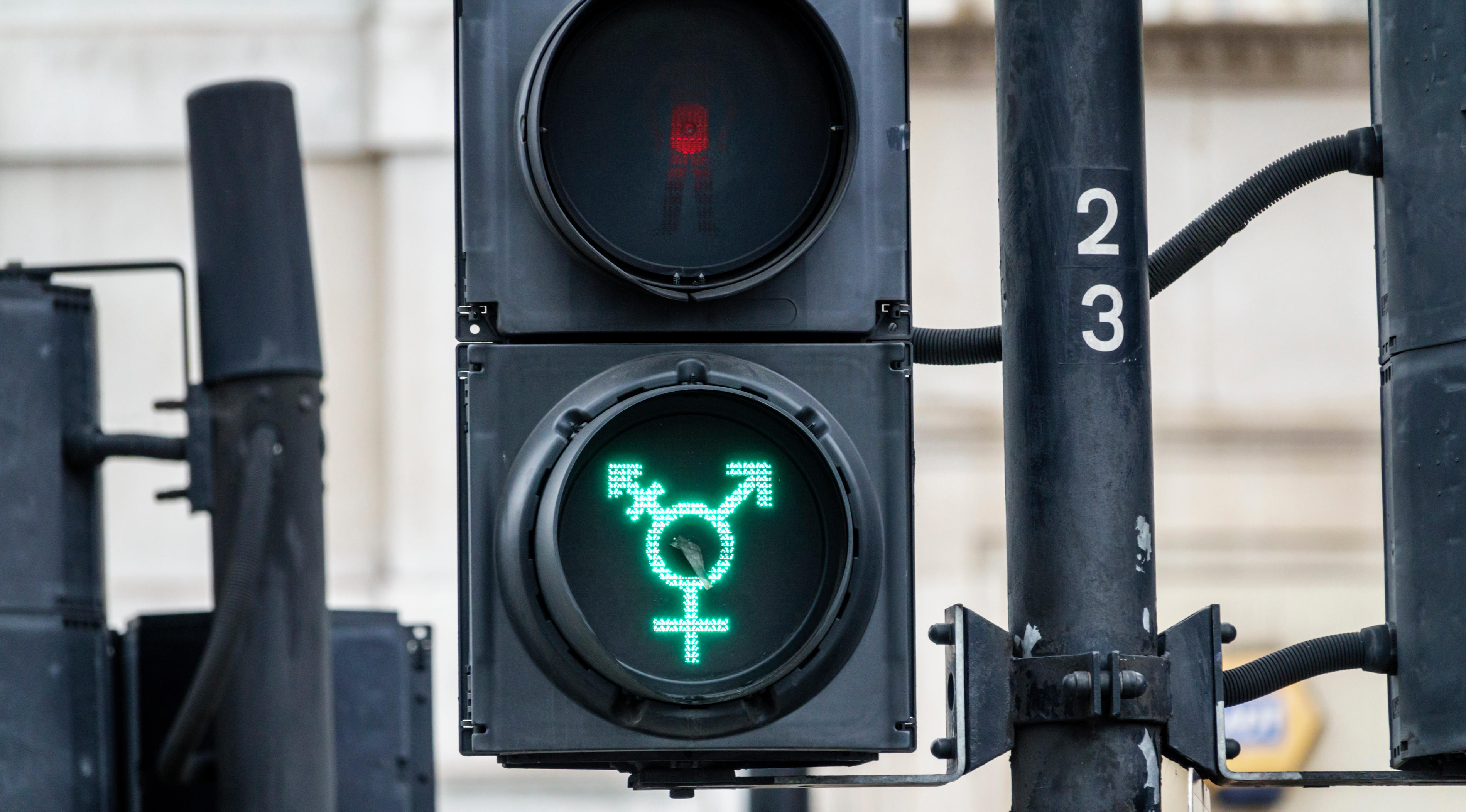All around the world, LGBT+ people and those defying rigid gender norms find themselves marginalized, targeted for abuse, and scapegoated in times of conflict. If it is to stop failing LGBT+ people, the women, peace and security (WPS) agenda must include sexual and gender minorities explicitly and move beyond a binary understandings of gender.
New research released next month by International Alert with conflict-affected LGBT+ communities in Nepal and Myanmar finds that too often, they live in constant fear due to threats from family, society, or the state. Frequently, they are excluded from family, community or stable formal employment. They report being denied access to the healthcare they need. They do not see themselves represented in policy-making spaces. They are more vulnerable to all forms of violence. Their basic human rights are threatened every day.
Homophobia and transphobia intensify during periods of conflict. During the military coup in Myanmar, LGBT+ groups reported use of sexual violence, torture and intimidation against them, as well as an increase in violence and illegal detention from law enforcement officers. LGBT+ activist groups found it almost impossible to support their members.
In systems dominated by patriarchal norms and masculinities, LGBT+ people and women share many experiences of exclusion. In both Nepal and Myanmar, groups told researchers how heterosexual men dominate decision-making in the public and private spheres, but also how stronger collaboration or unity between LGBT+ and women’s groups could help forge a longer-term, “positive” peace. In Nepal, women’s rights organizations are adopting intersectional and inclusive approaches in their advocacy. In Myanmar, however, civil society groups continue to be strictly monitored by the state, making collaboration between women’s and LGBT+ groups extremely risky.
A broader ‘gender, peace and security’ agenda that ends the abuse and violence against people based on traditional gender roles could be game-changing. When LGBT+ and women’s groups collaborate together, they can force transformative discussions and effect real change on masculinities and patriarchal norms. Yet, with no mention in the UN Security Council Resolution (UNSCR) 1325 or the eight subsequent resolutions, lesbian, bisexual, and trans women have been effectively erased from the UN’s WPS agenda.
The WPS agenda is rooted in national change and, if designed differently, could translate into real inclusion. In Nepal, for example, the government have expressed their commitment to explicitly include LGBT+ issues and rights for the first time in the second draft of the country’s National Action Plan on WPS.
Twenty-two years after the adoption of UNSCR 1325, gender inclusion cannot come fast enough for those shut out of how the world thinks, talks and acts on WPS.
To find out more, including recommendations for policy-makers and peacebuilders, read Alert’s research report, which will be published in October 2022.


